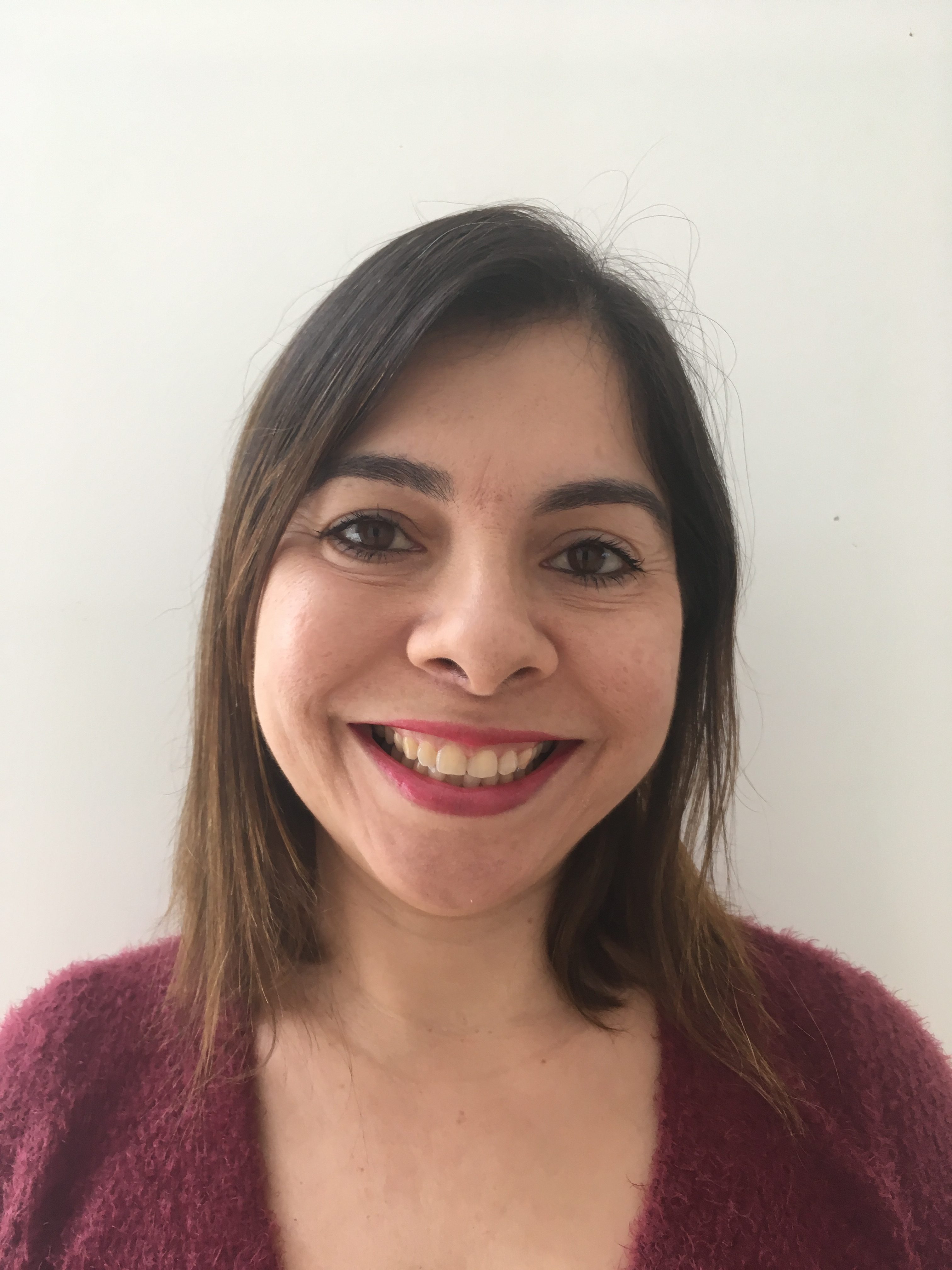What culture do you want in your classes?
- “In the dyad ‘language and culture,’ language is not a bunch of arbitrary linguistic forms applied to a cultural reality that can be found outside of language, in the real world.” Without language and other symbolic systems, the habits, beliefs, institutions, and monuments that we call culture would be just observable realities, not cultural phenomena. To become culture, they have to have meaning. It’s the meaning that we give to foods, gardens and ways of life that constitute culture.”
Claire Kramsch
A few years ago, I was teaching a class of teenagers when one student arrived late. He immediately headed for a spot between two other boys. The moment he sat down, these two boys quickly glanced at each other, got up and moved to the other side of the classroom. It happened right before my eyes. I knew the boy who had arrived late was gay. I’d also suspected that those two students had been displaying a hostile attitude towards him, but they’d been clever enough to conceal it through such subtle, double-meaning sarcasm that it had been impossible to catch them in the act. It’s perfectly fine for students to change places during class, and it’s OK for students to arrive late once in a while. However, what struck me was the fact that those boys gave those simple actions a totally new meaning: A new culture was being created that moment, and that was bad news. As Kramsch puts it, it’s meaning that creates culture. It’s such a dynamic and fluid process that we teachers need to be mindful of what is happening, and intervene if necessary. So, what meanings are we creating in our classes? And what meanings are we and our students actually nurturing?
What I did after that class was having a word with those two students and asking them to tell me why they had done that. Only after listening to them, did we finally redefine their act as something that went beyond the idea of merely changing seats. That was entirely done through words that expressed our attitudes towards the event that had occurred earlier in the class. In that moment, we created a culture in which that kind of behavior is not accepted, a culture in which the teacher is aware of what’s going on and that she will intervene when necessary. We were creating a culture that valued ‘otherness,’ that is, being in someone’s shoes. Ultimately, this is about teaching values. Whether we are aware of these values or not, this is what we teach our students through our attitudes all the time. So, when a teacher who cares about his or her students’ feelings and issues, he or she creates a culture in which they can talk openly about things that matter to them. Likewise, a teacher who is committed to teaching grammar and vocabulary without taking into account factors such as affect and empathy, creates a culture in which students aren’t expected to relate their experiences to their learning.
In July’s post, I talked about how failure can take on a different meaning depending on how we talk about it. Meanings can be created and recreated. They are visible everywhere as if we could almost touch them, feel them, and smell them. The way teachers and students greet each other, the way teachers and students talk about learning, and how students view their own roles as students, as people, and citizens and as capable of sharing knowledge rather than subjects. Perhaps, we won’t change the world, but we can surely create a culture in which our students feel positive about their learning.
Reference:
Kramsch, Claire. (2012). Culture in Foreign Language Teaching. Iranian Journal of Language Teaching Research (1). January 2013, pp. 57-78.






